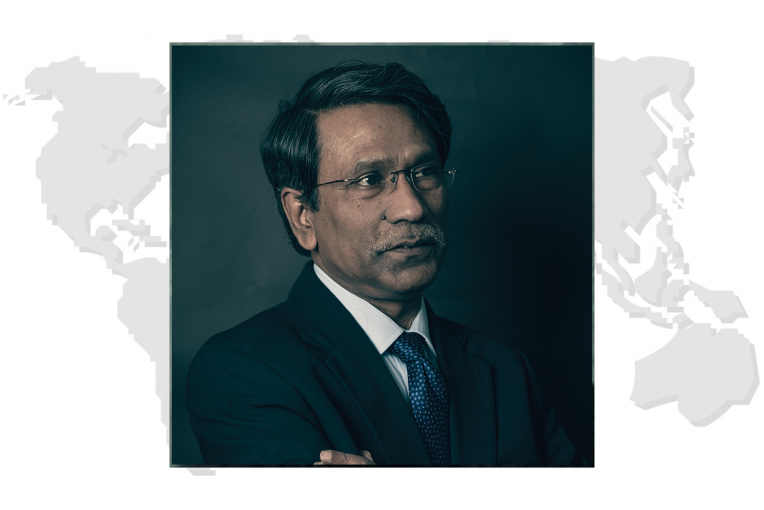Distinguished Professor Dr. Ali Riaz has been quoted in The Guardian in a report about media freedom in Bangladesh. The report noted that harassment and persecution of journalists in Bangladesh has increased manifold in recent years.
Various laws, particularly the Digital Security Act 2018 (DSA) is being used extensively against journalists, with hundreds of journalists having been charged under since October 2018. Riaz said the DSA “put serious constraints” on journalists.
“They’re exercising what is described as self-censorship but it’s not self-censorship—it’s creating an environment of fear, and they have to comply,” Riaz said. “Journalists no longer think: ‘This is something happening in front of me, whatever it takes I’ll find out who’s behind it.’ No, they think: ‘What’s the minimum I can write and stay alive.’”
Riaz has drawn attention to the ownership pattern of the media and in Bangladesh, and many publications were owned by business-owners affiliated with the ruling party or who fear damage to their interests if they upset the wrong people. He said the country as a whole was suffering because journalists were scared of doing investigative work on issues such as corruption.
Riaz is also quoted in a report in the Benar News about the visit of the Bangladeshi Prime Minister Sheikh Hasina to the U.S. capital to meet the officials of the World Bank. The visit marked the 50th anniversary of the bank’s relationship with Bangladesh.
Riaz said Hasina’s trip has an economic and political dimension: “In meeting with the World Bank, she is looking for its economic support. Bangladesh is in a very difficult economic situation—it is in dire straits. This situation is the making of this government’s economic policies of the last decade. Hasina thought she can get away with ignoring the World Bank and the IMF (International Monetary Fund) despite borrowing heavily (from them) over the last decade.”
The political reason, Riaz said, has to do with criticism aimed at Bangladesh by the U.S., European Union members, the United Nations, and international human rights groups, over what they say are egregious rights violations and suppression of free speech by the Hasina government.

